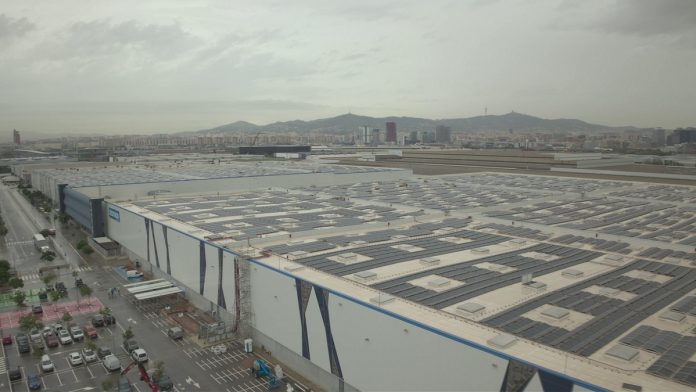The International Electric Marine Association (IEMA) is to establish its new headquarters in Barcelona in January 2025.
The decision, approved by the IEMA board of directors, was driven by several strategic factors including Barcelona’s proximity to the heart of maritime innovation in the EU.
In addition, the city is close to international regulatory bodies such as the International Marine Organisation (IMO) and the International Standardisation Organisation (ISO).
The IMEA says the city’s strong global leadership, particularly through its public infrastructure hub, the Port of Barcelona, was a factor in the decision.
IEMA will continue to operate through its regional representatives, with plans to establish full-time offices in the US, EU, China, and the South Pacific to support its global operations.
IEMA was initially launched in September 2023, and now has more than 80 members worldwide.
We believe IEMA will have the best platform to fully develop its potential and address its international agenda.
Adria Jover
“Barcelona is a worldwide port and a global brand, with an unequivocal commitment to decarbonisation,” said Adria Jover, IEMA president. “We believe IEMA will have the best platform to fully develop its potential and address its international agenda.”
Lluís Salvadó, president of the Port of Barcelona, added: “Our commitment to maritime decarbonisation through relevant investments is very strong. IEMA’s landing in Barcelona is great news for the innovative electric marine ecosystem.”
Over the next few months, IEMA will release the first sales market indicators. Sales for the recreational sector will be released by the end of 2024 and for the commercial sector by the second quarter of 2025.
Additionally, IEMA will participate in industry events and initiatives aimed at promoting the electric marine sector.
The IEMA is an industry-backed association advocating national and international policies to enable the global marine sector’s transition to zero-emission by 2050.




